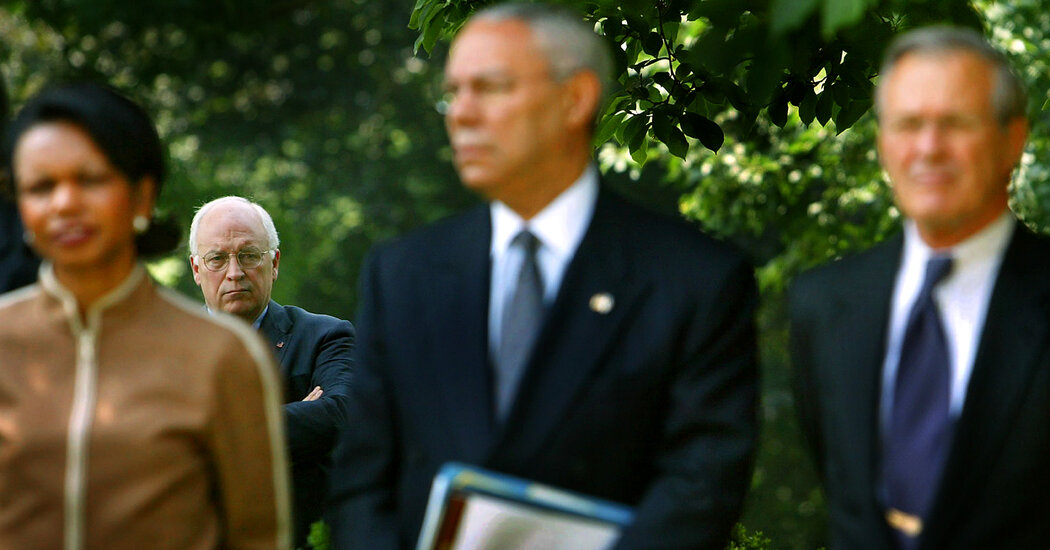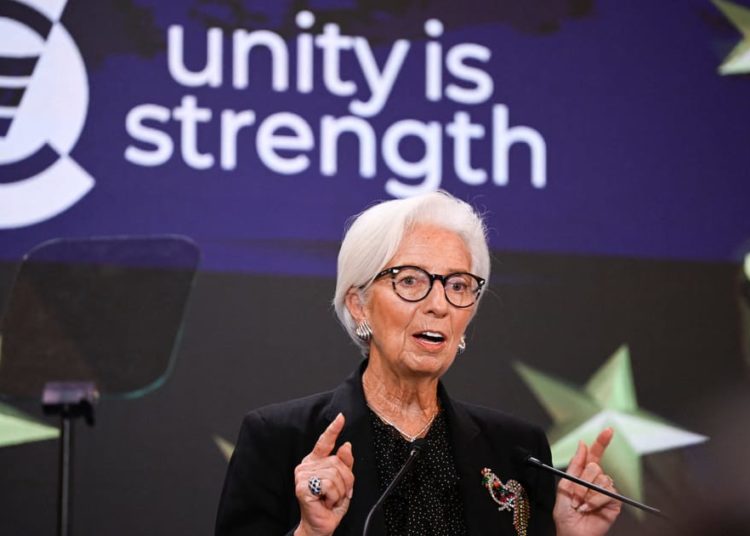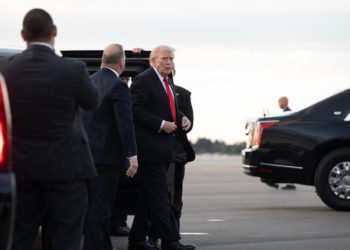A central project in the political life of former Vice President Dick Cheney was his push to expand presidential power, and the legacy he left became groundwork for President Trump’s own aggressive efforts to concentrate and unleash executive authority.
The two men were political enemies, but in this respect, Mr. Cheney, who died on Monday, was a precursor to Mr. Trump. Both aspired to strengthen the gravitational pull of power toward the Oval Office and away from Congress and the judiciary.
In the 1970s, as a young aide in the Nixon administration, then as the White House chief of staff in the Ford administration, Mr. Cheney was dismayed as Congress passed laws to restrain executive power. Those pushing to reimpose checks were spurred by the Vietnam War and Watergate scandal, after what a historian famously described as an “imperial presidency” had grown in the first decades of the Cold War.
Mr. Cheney believed those limits were unwise. Years later, as vice president in the George W. Bush administration, he used his outsized influence to pursue an agenda of restoring presidential power to elevated levels — seeking more secrecy and latitude to override laws for national security reasons.
“One of the things that I feel an obligation — and I know the president does too, because we talked about it — is to pass on our offices in better shape than we found them to our successors,” Mr. Cheney said in a 2002 interview. “We are weaker today as an institution because of the unwise compromises that have been made over the last 30 to 35 years.”
The post How Cheney’s Presidential Power Push Paved the Way for Trump to Go Further appeared first on New York Times.



